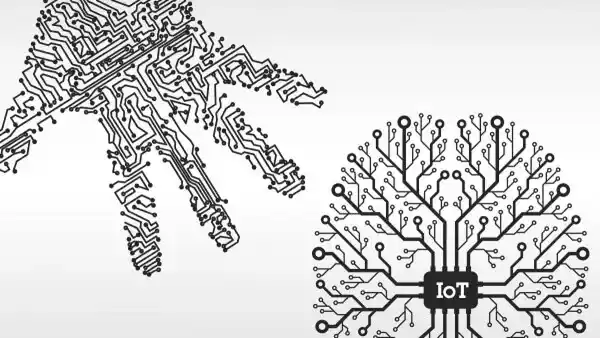The “Internet of things” (IoT) has become an eminent topic of conversation both in and out of the workplace. It’s a concept that not only has the potential to impact how we live, but also how we work. So what exactly is the “IoT” and what impact is it going to have on you, if any?
The IoT is changing much about the world we live in, from the way we drive, to how we make purchases, and even how we get energy for our homes. Sophisticated sensors and chips are embedded in the physical things that surround us, each transmitting valuable data that helps us better understand how these things work, both separately and together. So how exactly do all of these devices store such large quantities of data, and how do we put that information to work?
Whether we’re improving the production of a factory, giving city residents real-time updates on where to park, or monitoring our personal health, it’s the common IoT platform that brings this diverse information together and provides a common language for devices and apps to communicate with each other.

At its core, IoT is about connecting devices over the internet and letting them talk to us, our applications, and each other. A popular example is the smart refrigerator: What if your fridge could tell you it was out of milk? Texting you if its internal cameras saw there was none left, or that the carton was past its use-by date.The process starts with the devices themselves, which securely communicate with an Internet of Things platform. This platform integrates the data from many devices, and applies analytics to share the most valuable data with applications that address specific needs.
In a real-world example, the British government is pushing energy companies to roll out smart meters. These meters can automatically adjust the temperature on sunny days, or turn themselves off when there’s nobody home. They can even be controlled remotely. Some can be connected to motion-sensing cameras, or simply keep track of when your smartphone (and therefore you) have left the premises. The possibilities are quite impressive.
Worldwide Events
Recently, Asia IoT Business Platform (AIBP) offered Southeast Asia’s most comprehensive program for companies targeting enterprise adoption of Internet of Things (IoT) and Machine-to-Machine (M2M) technologies. With over 1,800 attendees participating in the Jakarta, Kuala Lumpur, Manila, Bangkok and Hanoi editions in 2016, the event made its debut in Ho Chi Minh City in November 2017.
IoT fever is also taking hold in Saudi Arabia. The 1st annual “Saudi International Exhibition for IoT” is scheduled for January 2018. This IoT exhibition is the first of its kind in the kingdom. The 3-day event aims to connect individuals and businesses to the IoT platform on a global scale.
The tech industry is full of hype and marketing – it’s often difficult to decide whether an innovation is genuinely ground-breaking or not. But the Internet of Things is one of those rare ideas that isn’t dependent on a single industry. Smart refrigerators may well be the appliance of the future, or they could fall by the wayside as a lot of tech for a little gain. But the idea of connected sensors and smart devices making decisions without our input will continue to grow. A decade from now, will IoT connect a few select devices, or will we have streams of data from literally everything? Either way, things are getting interesting.


All About Internet Of Things